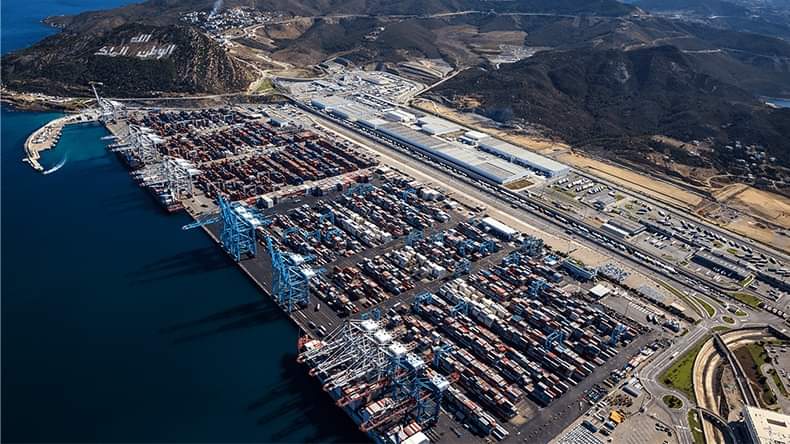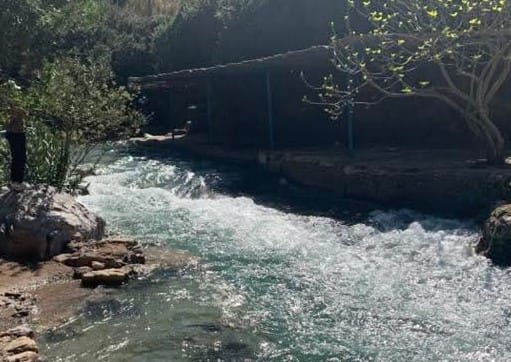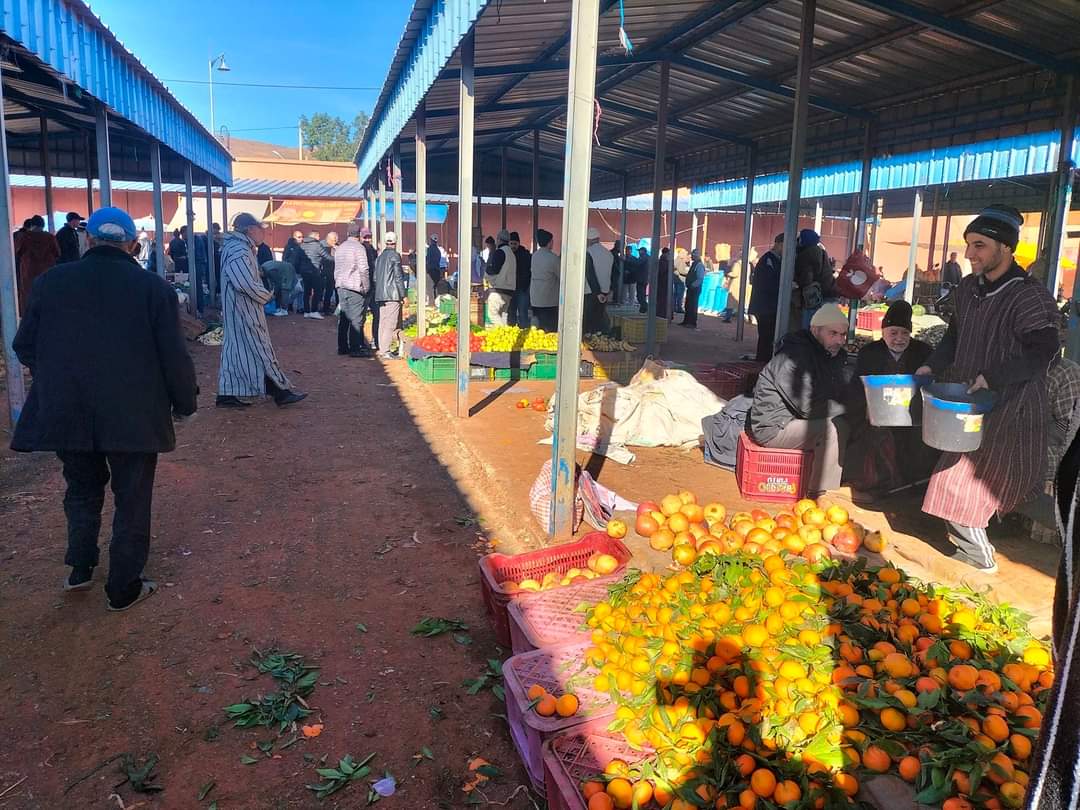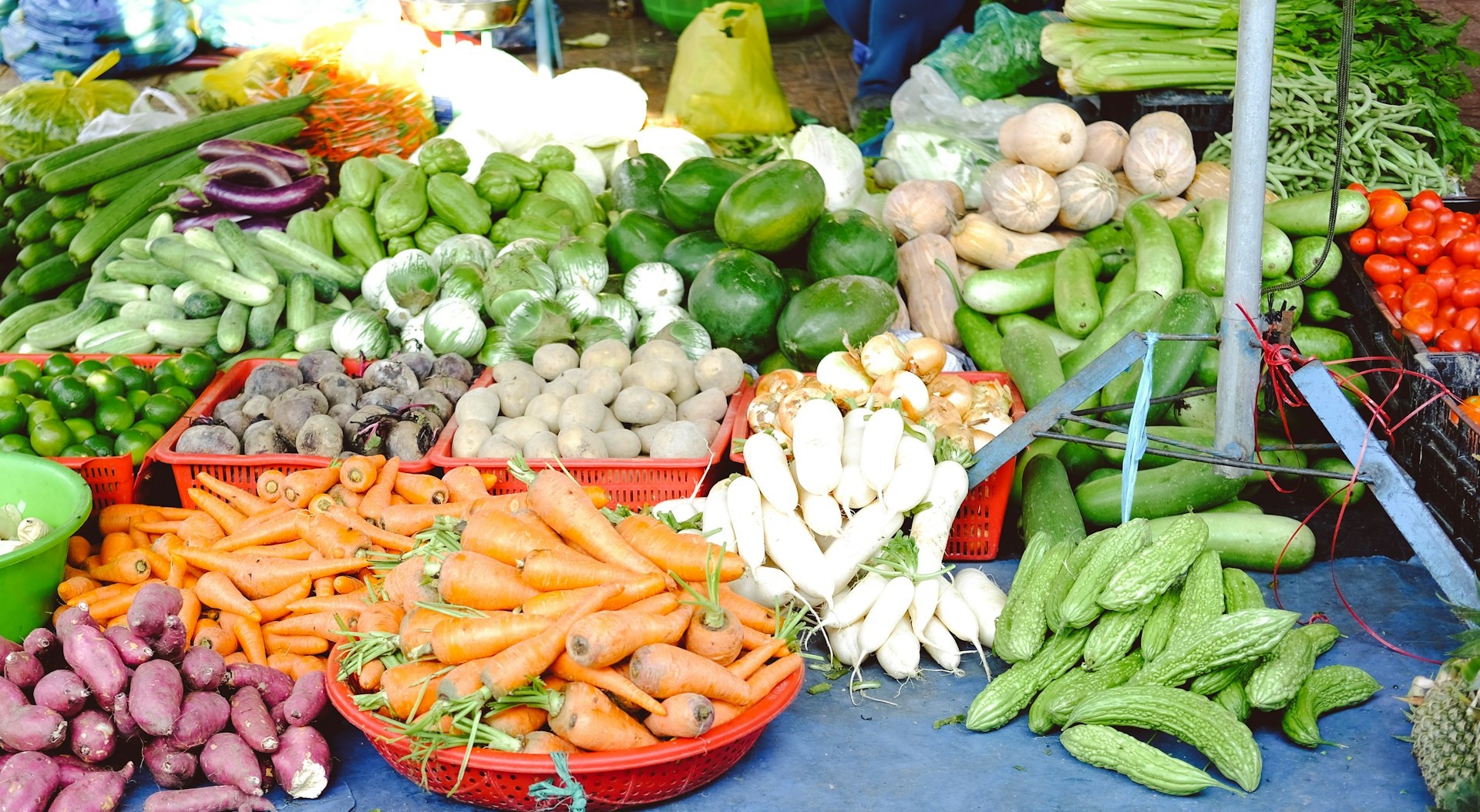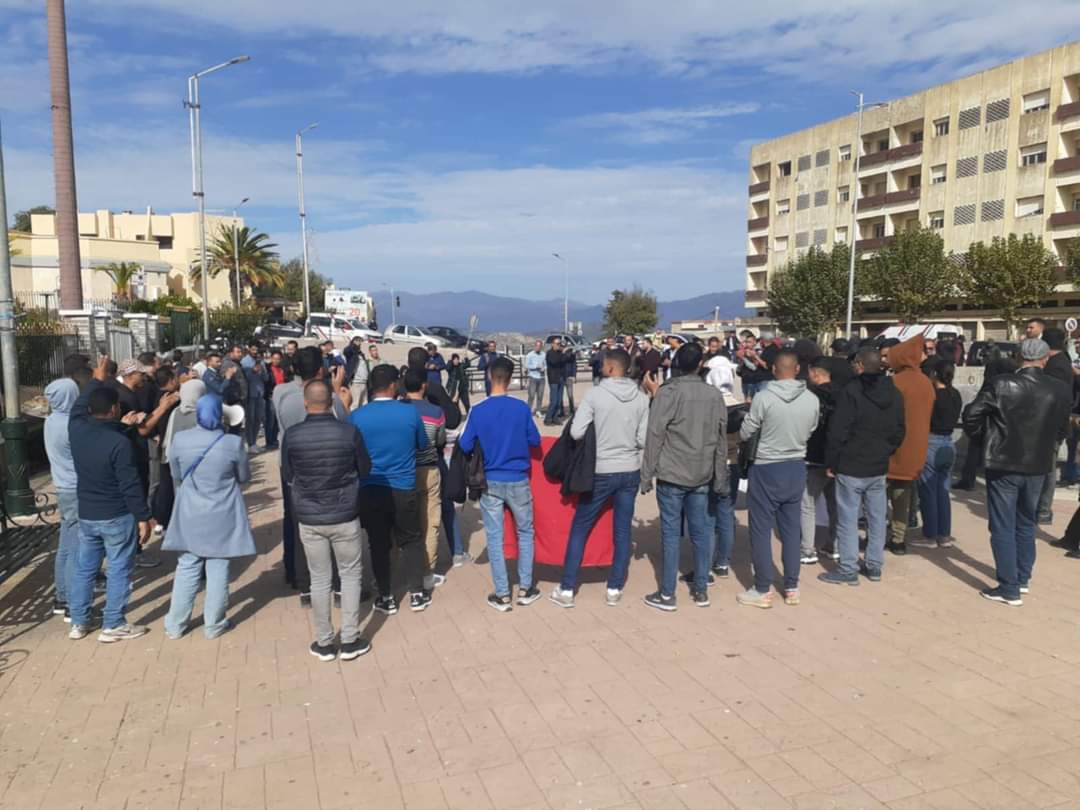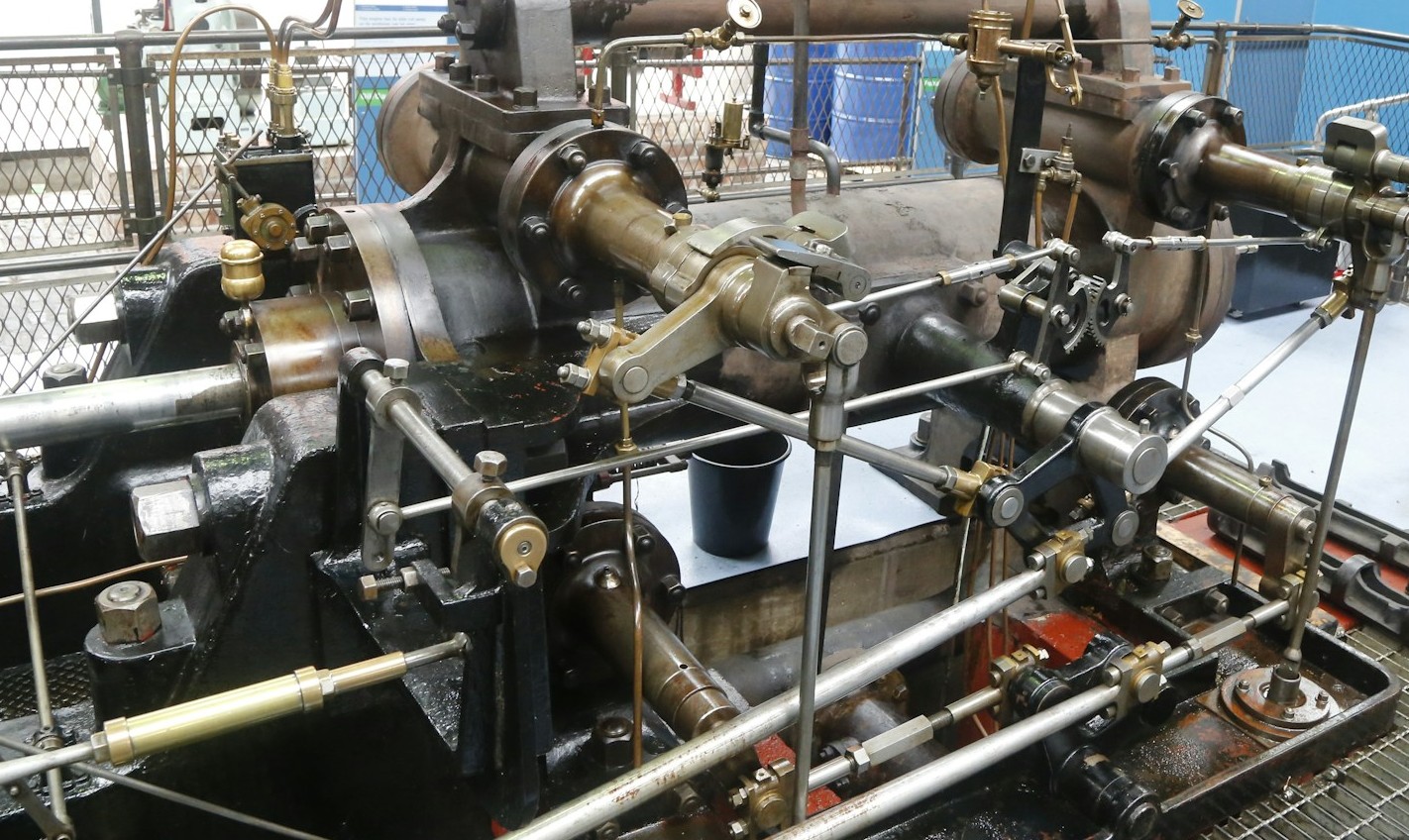Casablanca – Morocco is taking decisive steps to safeguard its agricultural sector while ensuring the sustainable use of water resources and maintaining national food security, according to Ahmed Bouari, Minister of Agriculture, Fisheries, Rural Development, and Water and Forests. Speaking in multiple parliamentary responses over the past week, Bouari highlighted the government’s proactive approach to managing irrigation, regulating land use, and boosting cereal production in the face of climate variability.
Limited water impact from agricultural exports
Bouari emphasized that agricultural exports in Morocco consume only a small fraction of the country’s water resources. “Export-oriented crops use just 5% of the water allocated to agriculture,” he noted, while the land devoted to these crops accounts for only 1% of the nation’s arable land and 5% of irrigated areas. These figures counter perceptions that export crops are driving water overuse.
The minister further explained that Morocco’s balance of agricultural trade positions the country as a net “structural importer of water.” While imports—particularly cereals—require about 9 billion cubic meters of water annually, exports consume only around 0.5 billion cubic meters. This creates an annual net virtual water import of over 8.5 billion cubic meters, highlighting the country’s reliance on foreign agricultural products to complement domestic production.
Strategic water management and irrigation expansion
To address water scarcity and strengthen agricultural resilience, Morocco has adopted a series of structured programs under the Green Generation 2020–2030 strategy and the National Drinking Water and Irrigation Program 2020–2027. These initiatives aim to diversify water supply, optimize demand management, and enhance the sector’s climate resilience.
Key projects include the construction of 18 large and medium-sized dams to increase storage capacity by approximately 6 billion cubic meters, with 11 additional dams planned by 2027. The government is also developing inter-basin water transfer projects to recover roughly 1 billion cubic meters of water previously lost to the sea, alongside seawater desalination plants along the coast capable of providing about 1.7 billion cubic meters annually.
Bouari stressed that these measures will alleviate pressure on traditional water basins, restore irrigation allocations, and strengthen the resilience of irrigated agriculture. Supplemental irrigation is a particular focus, with plans to equip around 1 million hectares to secure an annual strategic cereal output of roughly 60 million quintals. An initial phase covering 164,000 hectares is underway in the regions of Tangier–Tetouan–Al Hoceima, Fes–Meknes, and Rabat–Sale–Kenitra, with a yearly program to equip 20,000 additional hectares planned in subsequent years.
Preserving farmland amid urban expansion
Beyond water management, Bouari highlighted the importance of protecting Morocco’s limited farmland from urban encroachment. Agricultural land represents about 8.7 million hectares, or roughly 12% of the country’s total territory, while irrigated land eligible for investment under national law covers just 2.2% of this area.
The ministry is mapping high-productivity agricultural zones to guide urban planning decisions and ensure that farmland is preserved. This effort involves coordination with the Ministry of Interior, the Ministry of Territorial Planning, Urbanism, Housing, and City Policy, and other stakeholders to limit the impact of urban development on agricultural resources.
Bouari clarified that overlaps between urban zones and irrigated farmland are carefully managed under legal frameworks, including Law 131.12 on territorial districts of communes, which establishes urban boundaries while preserving rural areas. Any proposals to change farmland classification are evaluated by Unified Regional Investment Committees to safeguard high-productivity areas critical to national food security.
A holistic approach to food security
Taken together, Morocco’s policies reflect a comprehensive approach to balancing water management, agricultural productivity, and urban development. By expanding irrigation capacity, improving water efficiency, protecting farmland, and maintaining strategic cereal production, the government seeks to enhance resilience against climate change while securing national food supplies.
Bouari concluded that these integrated strategies—ranging from large-scale infrastructure projects to targeted irrigation programs and land-use planning—are central to maintaining Morocco’s agricultural sustainability and ensuring that the sector can meet both domestic needs and international market demands.







